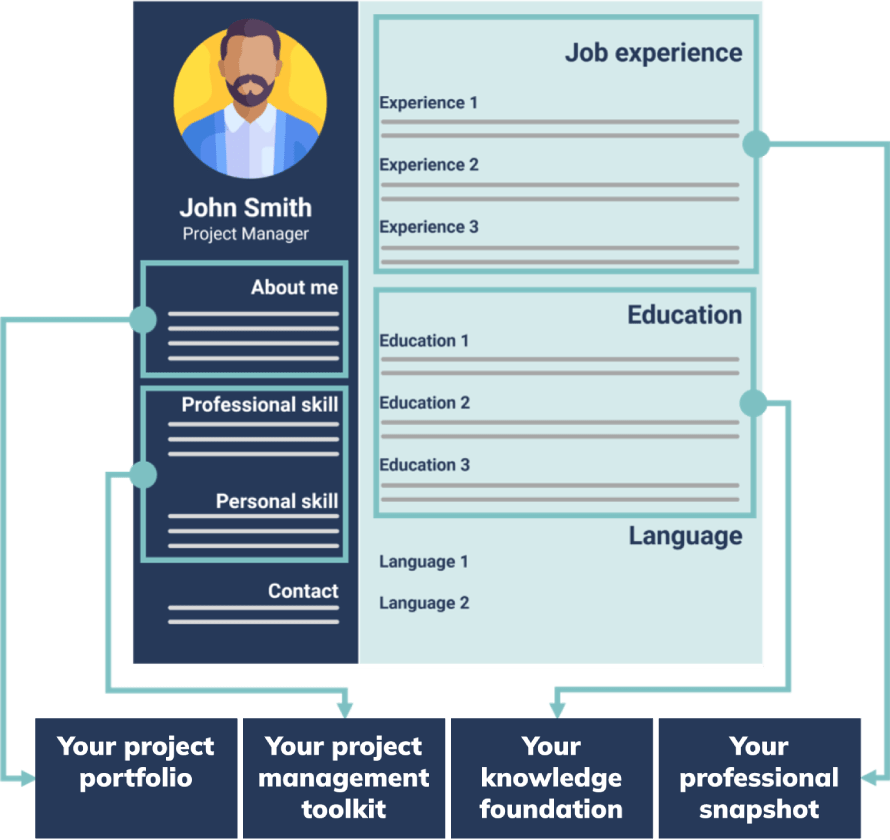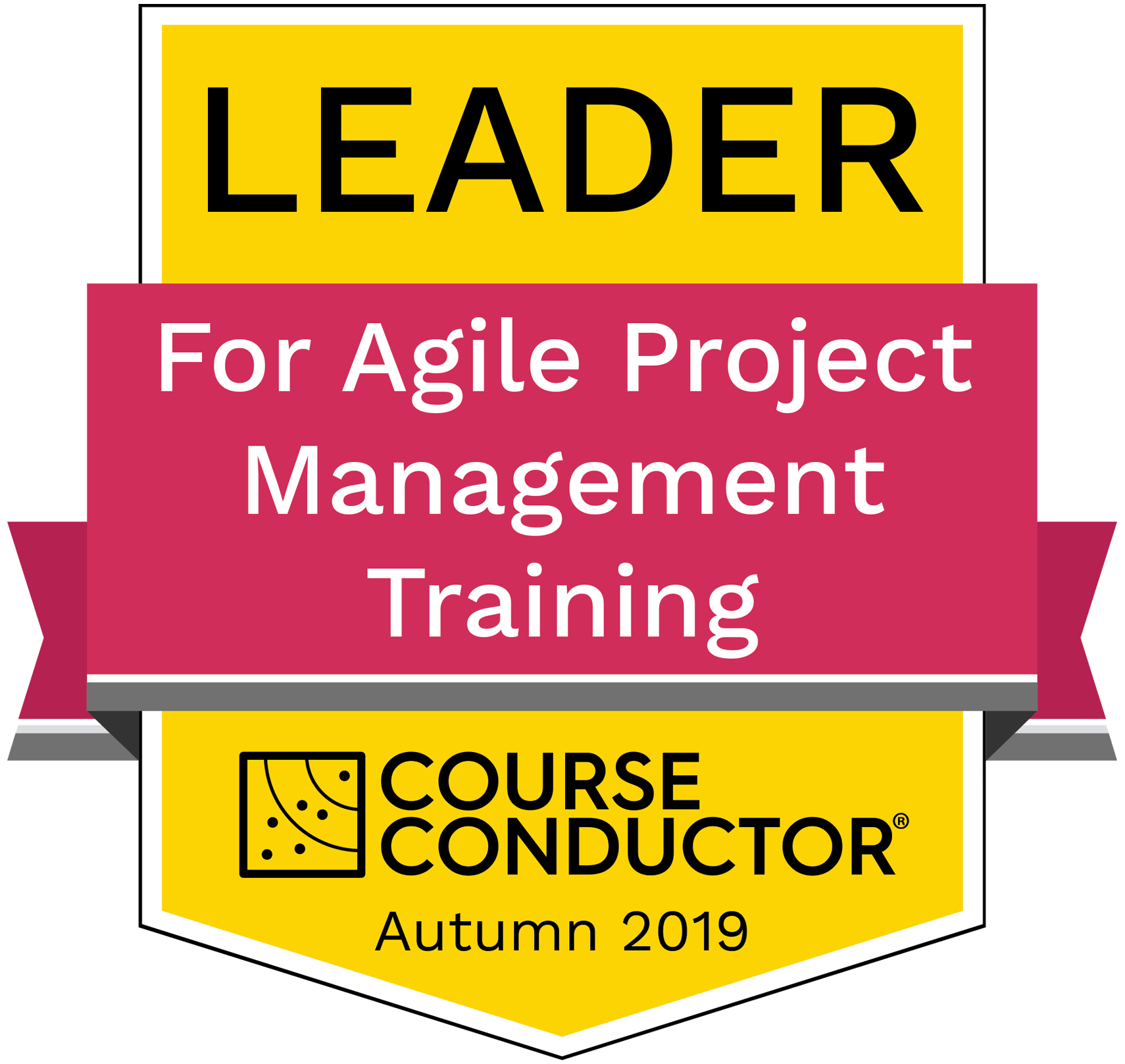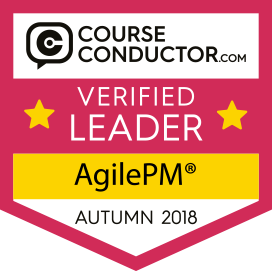
Introduction
In the competitive field of project management, a well-crafted CV is your key to success. It’s not merely a document; it’s your personal marketing tool, showcasing your skills and achievements to potential employers. A compelling project management CV can open doors to exciting opportunities, set you apart from other candidates and demonstrate your unique value proposition.
This comprehensive guide will equip you with the knowledge and strategies to create a standout CV that captures the attention of recruiters and hiring managers. We’ll explore essential components of a project management CV. Effective ways to highlight your skills and experience. Tailoring your CV to specific roles. Design and formatting best practices and common pitfalls to avoid.
By the end of this article, you’ll have the tools to craft a CV that not only reflects your expertise but also positions you as the ideal candidate for your dream project management role.
Understanding the project management CV
Purpose and goals of a project management CV
A project management CV serves as a strategic tool to showcase your expertise and accomplishments. Its primary objectives are to highlight your project management skills and experience. Demonstrate your ability to deliver successful outcomes. And present your unique value proposition to potential employers.
Your CV should effectively communicate your capacity to lead teams, manage resources, and achieve project goals within specified constraints.
Key differences from other professional CVs
Project management CVs differ from general professional CVs in several crucial aspects:
- Focus on projects: Emphasise specific projects you’ve managed, including scope, budget, and timelines.
- Methodologies: Highlight your proficiency in various project management methodologies (e.g., Agile, Waterfall).
- Quantifiable results: Provide concrete metrics demonstrating project success and impact.
- Leadership skills: Showcase your ability to lead and motivate diverse teams.
- Risk management: Illustrate your expertise in identifying and mitigating project risks.
Tailoring your CV to project management roles
To maximise the impact of your CV, customise it for each project management role:
- Analyse the job description and identify key requirements
- Align your skills and experiences with the specific needs of the position
- Use industry-specific terminology relevant to the role
- Highlight certifications and qualifications that match the job criteria.
By tailoring your CV, you demonstrate your understanding of the role and increase your chances of securing an interview. Remember, a well-crafted project management CV is your first step towards landing your ideal position in this dynamic field.
Essential components of a project management CV
A well-structured project management CV should include several key components to effectively showcase your qualifications and experience. Let’s examine each essential element in detail.

Contact information and professional summary
Begin your CV with your contact details, including:
- Full name
- Professional email address
- Phone number
- Location (city and country)
- LinkedIn profile URL (optional).
Follow this with a concise professional summary. This 3-4 sentence paragraph should highlight your:
- Years of project management experience
- Key areas of expertise
- Most significant achievements
- Career goals.
Your summary should capture the reader’s attention and entice them to read further.
Core skills and competencies
Create a dedicated section to showcase your key skills. Include a mix of:
- Technical skills (e.g., project management software, methodologies)
- Soft skills (e.g., leadership, communication, problem-solving).
Present these skills in a bulleted list or a visually appealing format for easy scanning. Ensure that the skills listed align with the job requirements.
Professional experience and achievements
This section forms the backbone of your CV. For each role, include:
- Job title
- Company name
- Employment dates
- Brief description of responsibilities
- Key achievements and project successes.
When describing your achievements, Use action verbs to begin each bullet point. Quantify results where possible (e.g., percentages, monetary values). And highlight your impact on project outcomes and business objectives.
Focus on your most recent and relevant experiences, providing more detail for these roles.
Education and qualifications
List your educational background in reverse chronological order, including:
- Degree(s) obtained
- Institution name
- Graduation year.
For recent graduates or those with limited experience, you may place this section before your professional experience.
Additional sections
Consider including these supplementary sections to strengthen your CV:
- Certifications: List relevant project management certifications (e.g., PMP, PRINCE2)
- Professional development: Highlight any relevant courses or workshops attended
- Languages: Specify your proficiency levels if relevant to the role
- Volunteer work: Include any project management experience in volunteer capacities
- Publications or presentations: List any articles, papers, or conference presentations related to project management.
Remember to tailor these sections to the specific job requirements and industry norms. A well-crafted project management CV that incorporates these essential components will effectively showcase your expertise and increase your chances of landing an interview. Keep your CV concise, relevant, and impactful to make a lasting impression on potential employers.
Crafting a compelling professional summary
Your professional summary is the first thing recruiters will read on your CV. It’s your opportunity to make a strong first impression and entice them to read further.
Elements of an effective summary
An impactful professional summary should include your years of experience in project management. Key areas of expertise relevant to the role. Notable achievements or successes. And your career objectives or what you can bring to the organisation.
Keep your summary concise, aiming for 3-4 sentences or 50-75 words. Use strong, action-oriented language to convey your value proposition effectively.
Tailoring your summary to project management roles
To make your summary stand out, address specific job requirements mentioned in the listing, highlight relevant project management methodologies you’re proficient in, mention industries you’ve worked in if applicable to the role, and emphasise soft skills crucial for project management, such as leadership and communication.
Examples of strong project management summaries
- Certified PMP with 8+ years of experience leading cross-functional teams in the tech industry. Skilled in Agile methodologies and known for delivering complex projects on time and under budget. Seeking to leverage my expertise in stakeholder management and risk mitigation to drive success at [Company Name].”
- “Results-driven project manager with a track record of successfully delivering multimillion-pound construction projects. Proficient in PRINCE2 and experienced in managing diverse teams across multiple sites. Aiming to bring my strong analytical and problem-solving skills to challenging infrastructure projects at [Company Name].”
Remember, your professional summary should be tailored for each application, highlighting the most relevant aspects of your experience for the specific role you’re targeting.
Showcasing your project management skills
Effectively highlighting your project management skills is crucial for capturing the attention of potential employers. This section will guide you through showcasing both technical and soft skills, along with demonstrating them through concrete examples.
Technical skills relevant to project management
Project managers should possess a range of technical skills. Some key areas to highlight include:
- Project management methodologies: Agile, Scrum, Waterfall, PRINCE2
- Software proficiency: Microsoft Project, Jira, Trello, Asana
- Budget management: Financial forecasting, cost control, resource allocation
- Risk management: Risk assessment, mitigation strategies, contingency planning
- Data analysis: Excel, PowerBI, Tableau.
When listing these skills, consider creating a separate ‘Technical Skills’ section on your CV for easy reference.
Soft skills crucial for project managers
While technical skills are important, soft skills often differentiate exceptional project managers. Key soft skills to emphasise include:
- Leadership: Team motivation, conflict resolution, decision-making
- Communication: Stakeholder management, presentation skills, active listening
- Problem-solving: Critical thinking, creativity, adaptability
- Time management: Prioritisation, delegation, multitasking
- Negotiation: Vendor management, conflict resolution, resource allocation.
Integrate these soft skills throughout your CV, particularly in your professional summary and work experience sections.
Demonstrating skills through concrete examples
To make your skills more impactful, provide specific examples of how you’ve applied them in real-world scenarios. Consider using the STAR method (Situation, Task, Action, Result) to structure your examples:
- Situation: Briefly describe the context
- Task: Explain your responsibility in the situation
- Action: Detail the steps you took to address the task
- Result: Highlight the positive outcome of your actions.
Example: “Led a cross-functional team of 12 members to implement a new CRM system (Situation). Tasked with completing the project within 6 months and 10% under budget (Task). Utilised Agile methodology, conducted daily stand-ups, and negotiated with vendors for cost-effective solutions (Action). Delivered the project 2 weeks early and 15% under budget, resulting in a 30% increase in sales team efficiency (Result).”
By providing concrete examples, you demonstrate not only your possession of these skills but also your ability to apply them effectively in real-world project management scenarios.
Highlighting your professional experience
Your work history is a crucial component of your project management CV. This section will guide you through effectively presenting your professional experience to showcase your expertise and achievements.
Structuring your work history
When structuring your work history, follow these guidelines:
- List your experiences in reverse chronological order, starting with your most recent position.
- For each role, include:
- Job title
- Company name
- Dates of employment
- Brief description of your responsibilities
- Key achievements and project successes.
- Use bullet points to make your CV easy to scan.
- Focus on your most recent and relevant roles, providing more detail for these positions.
Emphasising project-specific achievements
To make your experience stand out, highlight specific projects you’ve managed, including their scope and complexity, describe your role in each project and your key responsibilities, showcase how you’ve applied project management methodologies in real-world scenarios, and emphasise any challenges you’ve overcome and how you did so.
Example: “Led a £5 million software implementation project for a financial services client, coordinating a team of 20 across three countries. Implemented Agile methodologies to improve workflow efficiency and stakeholder communication.”
Quantifying results and impact
Whenever possible, use metrics and numbers to demonstrate the impact of your work. See these examples:
- Budget management: “Delivered project 10% under budget, saving the company £500,000.”
- Time efficiency: “Completed project two months ahead of schedule, accelerating product launch.”
- Team leadership: “Managed a cross-functional team of 15 members across 5 departments.”
- Process improvement: “Implemented new project management software, reducing reporting time by 30%.”
Quantifiable achievements provide concrete evidence of your capabilities and make your CV more compelling.
Addressing gaps in employment
If you have gaps in your employment history, address them honestly and positively:
- Freelance work: “2018-2019: Freelance Project Manager – Worked on various short-term projects for multiple clients.”
- Professional development: “2020: Took a career break to complete PMP certification and advanced project management courses.”
- Personal circumstances: “2021: Took time off for family care responsibilities. Maintained industry knowledge through online courses and networking events.”
Be prepared to address any gaps during interviews, focusing on skills or experiences gained during these periods.
Remember, your work history should tell a compelling story of your career progression and growing expertise in project management. Tailor this section to emphasise experiences most relevant to the role you’re applying for, demonstrating how your past achievements make you the ideal candidate for the position.
Education and qualifications
Your educational background and professional qualifications play a crucial role in demonstrating your expertise in project management. This section will guide you through effectively presenting these credentials on your CV.
Relevant degrees and certifications
List your educational qualifications in reverse chronological order, including:
- Degree title
- Institution name
- Year of graduation.
Example:
MSc Project Management
University of Manchester
Graduated: 2018
Include any relevant certifications you’ve obtained, such as Project Management Professional (PMP), PRINCE2 Practitioner and Certified Scrum Master (CSM).
Highlighting project management-specific qualifications
Emphasise qualifications directly related to project management. Mention specific project management modules or dissertations completed during your degree. Highlight any industry-specific qualifications relevant to your target roles. And include membership in professional bodies like the Association for Project Management (APM).
Continuing education and professional development
Demonstrate your commitment to ongoing learning, List recent workshops or seminars attended. Mention any online courses completed, such as those from platforms like Coursera or edX. And include any in-house training programmes you’ve participated in.
Example:
Continuing Professional Development:
Agile Project Management Workshop, agileKRC, 2022
Digital Transformation in Project Management, Knowledge Train, 2021
Risk Management Masterclass, Knowledge Train, 2020
Remember, your education and qualifications should complement your practical experience. Tailor this section to highlight credentials most relevant to the project management roles you’re targeting.
Optimising your CV for Applicant Tracking Systems (ATS)
In today’s job market, many companies use Applicant Tracking Systems (ATS) to streamline their recruitment process. Understanding how these systems work can significantly improve your CV’s chances of reaching human recruiters.
Understanding how ATS work
ATS software scans CVs for specific keywords and formatting elements. It then ranks applications based on how well they match the job requirements. Only CVs that meet a certain threshold typically progress to human review.
Incorporating relevant keywords
To optimise your CV for ATS, Analyse the job description for key skills and qualifications. Include exact phrases from the job posting where applicable. Use industry-standard terminology for your skills and experiences. And incorporate acronyms and their full spellings (e.g., PMP – Project Management Professional).
Formatting tips for ATS compatibility
Ensure your CV is ATS-friendly by following these guidelines:
- Use standard CV sections (e.g., Work Experience, Education)
- Opt for simple, readable fonts like Arial or Calibri
- Avoid using headers, footers, or text boxes
- Save your CV in a compatible file format (usually .doc or .pdf)
- Use standard bullet points instead of custom symbols.
Remember, while optimising for ATS is important, your CV should still be engaging and readable for human recruiters. Strike a balance between keyword optimisation and compelling content to create a winning project management CV.
Design and formatting best practices
The visual presentation of your CV can significantly impact its effectiveness. Follow these best practices to ensure your project management CV looks professional and compelling.
Choosing an appropriate CV layout
Select a layout that highlights your strengths and experience. Follows a logical flow of information. And balances white space with content.
Consider using a chronological format for traditional industries or a skills-based layout for more creative sectors.
Fonts, colours, and visual elements
Use readable fonts like Arial, Calibri, or Garamond, stick to font sizes between 10-12 points for body text, limit colour use to subtle accents or section headers, and incorporate simple visual elements like lines or bullets for structure.
Ensuring readability and professionalism
Maintain consistent formatting throughout your CV. To achieve this, use clear section headings to guide the reader, employ bullet points for easy scanning of information, ensure adequate margins and spacing between sections, and proofread meticulously to eliminate errors.
Remember, your CV’s design should enhance, not overshadow, your content. Aim for a clean, professional look that allows your project management skills and experiences to shine through.
Tailoring your CV to different project management roles
Customising your CV for each application is crucial to showcase your suitability for specific project management roles. This section will guide you through the process of tailoring your CV effectively.
Researching target companies and positions
Before customising your CV, thoroughly review the job description and person specification, research the company’s culture, values, and recent projects, identify key skills and experiences the employer is seeking, and understand the industry context and any specific challenges.
Customising your CV for specific job requirements
Tailor your CV by adjusting your professional summary to align with the role’s main requirements, highlighting relevant projects and achievements that match the job description, reordering your skills to prioritise those most important for the position, and using industry-specific terminology found in the job posting.
Example: For an IT project management role, emphasise your experience with Agile methodologies and software development lifecycles.
Addressing industry-specific needs
Different industries may require specific project management approaches:
- Construction: Highlight experience with site management and regulatory compliance
- Healthcare: Emphasise knowledge of medical regulations and patient data protection
- Finance: Showcase understanding of risk management and financial reporting.
Remember to quantify your achievements wherever possible, using metrics relevant to the industry. For instance, in retail project management, you might highlight: “Implemented a new inventory system, reducing stockouts by 30% and increasing sales by 15%.”
By tailoring your CV to each role, you demonstrate your understanding of the position and increase your chances of securing an interview. This targeted approach shows employers that you’re not just a good project manager, but the right project manager for their specific needs.
Common mistakes to avoid
When crafting your project management CV, be mindful of these common pitfalls that could hinder your chances of success.
Overloading with technical jargon
While demonstrating technical knowledge is important, excessive jargon can be off-putting. Use industry-specific terms judiciously. Explain complex concepts in clear, accessible language. And balance technical details with practical applications and results.
Neglecting soft skills
Project managers need strong interpersonal abilities, Highlight leadership skills and team management experience. Showcase your communication abilities through specific examples. And demonstrate problem-solving skills with real-world scenarios.
Failing to proofread and edit
Errors can undermine your professionalism, thoroughly review your CV for spelling and grammatical mistakes, check for consistency in formatting and language use, and consider asking a colleague to provide feedback on clarity and content.
Remember, your CV represents your attention to detail and organisational skills. Avoiding these common mistakes will help ensure your project management CV presents you as a polished, well-rounded professional ready to tackle complex projects effectively.
Expert tips for standing out
To truly distinguish yourself in the competitive field of project management, consider these expert recommendations for your CV.
Incorporating project management methodologies
Demonstrate your proficiency in various project management approaches. Highlight your experience with Agile, Scrum, Waterfall, and other relevant methodologies. Provide specific examples of how you’ve applied these methods to achieve project success and mention any certifications related to these methodologies (e.g., PMP, PRINCE2, CSM).
Example: “Implemented Agile methodologies in a traditionally Waterfall environment, increasing project delivery speed by 25%.”
Showcasing leadership and team management skills
Emphasise your ability to guide and motivate teams. Describe instances where you’ve led cross-functional teams to project success. Highlight your experience in conflict resolution and team building. And quantify your leadership impact with metrics like team performance improvements.
Example: “Led a diverse team of 15 members across 3 departments, improving collaboration and reducing project completion time by 20%.”
Demonstrating adaptability and problem-solving abilities
Showcase your capacity to navigate challenges. Provide examples of how you’ve adapted to changing project requirements. Describe complex problems you’ve solved and their positive outcomes. And highlight your ability to work effectively in various industries or project types.
Example: “Successfully pivoted a struggling IT project mid-development, identifying alternative solutions that saved the company £500,000.”
By incorporating these expert tips, you’ll create a project management CV that not only meets industry standards but exceeds them. Remember to provide concrete examples and quantifiable results whenever possible to substantiate your claims and make a lasting impression on potential employers.
Conclusion
Recap of key points
Creating an effective project management CV requires tailoring content to specific roles and industries, highlighting relevant skills and achievements, incorporating project management methodologies, and showcasing leadership and problem-solving abilities.
Encouragement to create a standout project management CV
Armed with these insights, you’re now prepared to craft a compelling CV that accurately represents your project management expertise. Remember, your CV is your personal marketing tool. Take the time to refine and perfect it. A well-crafted CV will open doors to exciting opportunities and help you stand out in the competitive project management field. Start creating your standout CV today and take the next step in your career.
FAQs
How long should a project management CV be?
Aim for 2-3 pages, focusing on relevant experience and achievements.
Should I include a photo on my project management CV?
In the UK, it’s not customary to include photos on CVs.
How can I showcase my project management certifications effectively?
List certifications in a dedicated section, including the awarding body and date obtained.
What’s the best way to highlight my experience with different project management methodologies?
Mention methodologies in your skills section and provide specific examples in your work experience.
How often should I update my project management CV?
Review and update your CV every 6-12 months, or when you achieve significant milestones.
Is it necessary to include references on my CV?
It’s not essential. “References available upon request” is sufficient.
How can I make my CV stand out if I’m new to project management?
Emphasise transferable skills, relevant coursework, and any project-related experiences from internships or volunteer work.
Remember, your CV should be tailored to each application, highlighting the most relevant aspects of your experience for the specific role you’re targeting.
Infographic









